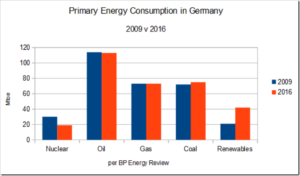by P. Gosselin & H. Douglas, Jan 27, 2020 in ClimateChangeDispatch
For a long time, electricity prices have known only one direction: upwards! Ever faster, ever more clearly.
Now the shock for many families: The Federal Government has presented official figures in an answer to an inquiry from the FDP Free Democrats parliamentary group in the Bundestag and announced the true extent of the electricity price increase.
320 euros extra annually per household
In the past ten years, the price of electricity for households and industry has risen by a third.
According to the Augsburger Allgemeine, which quotes from the paper, the price of electricity rose by 35 percent between 2009 and 2019.
For a typical household with 4,000 kWh per year, this means 320 euros in additional costs for electricity alone.
This is even more than the various comparison websites had previously calculated.
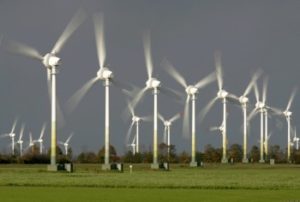
…

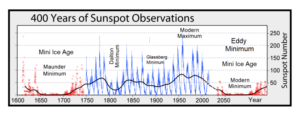

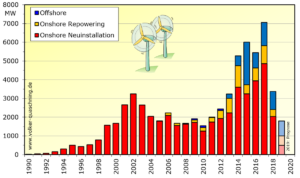
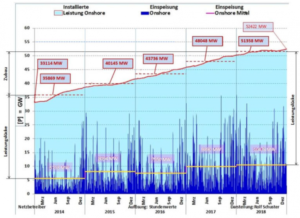
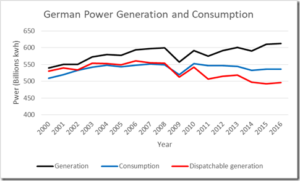 …
…